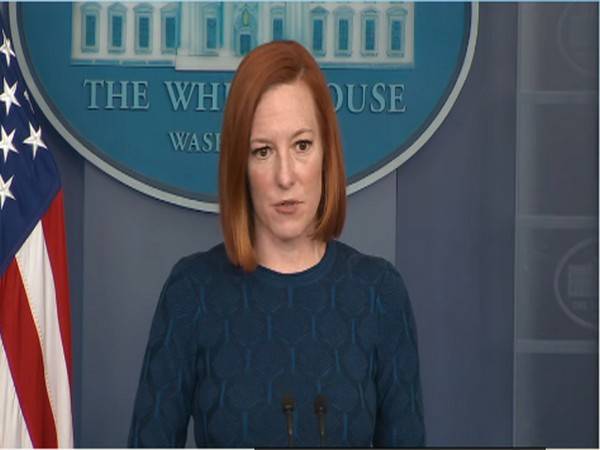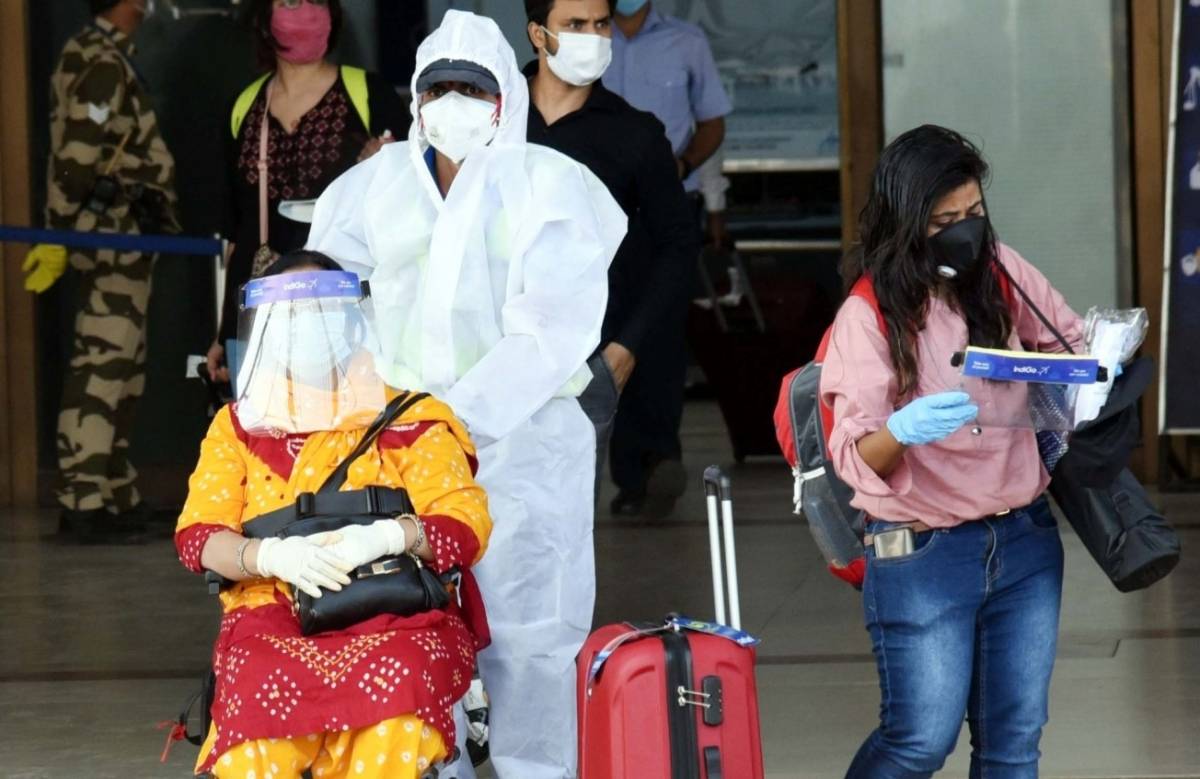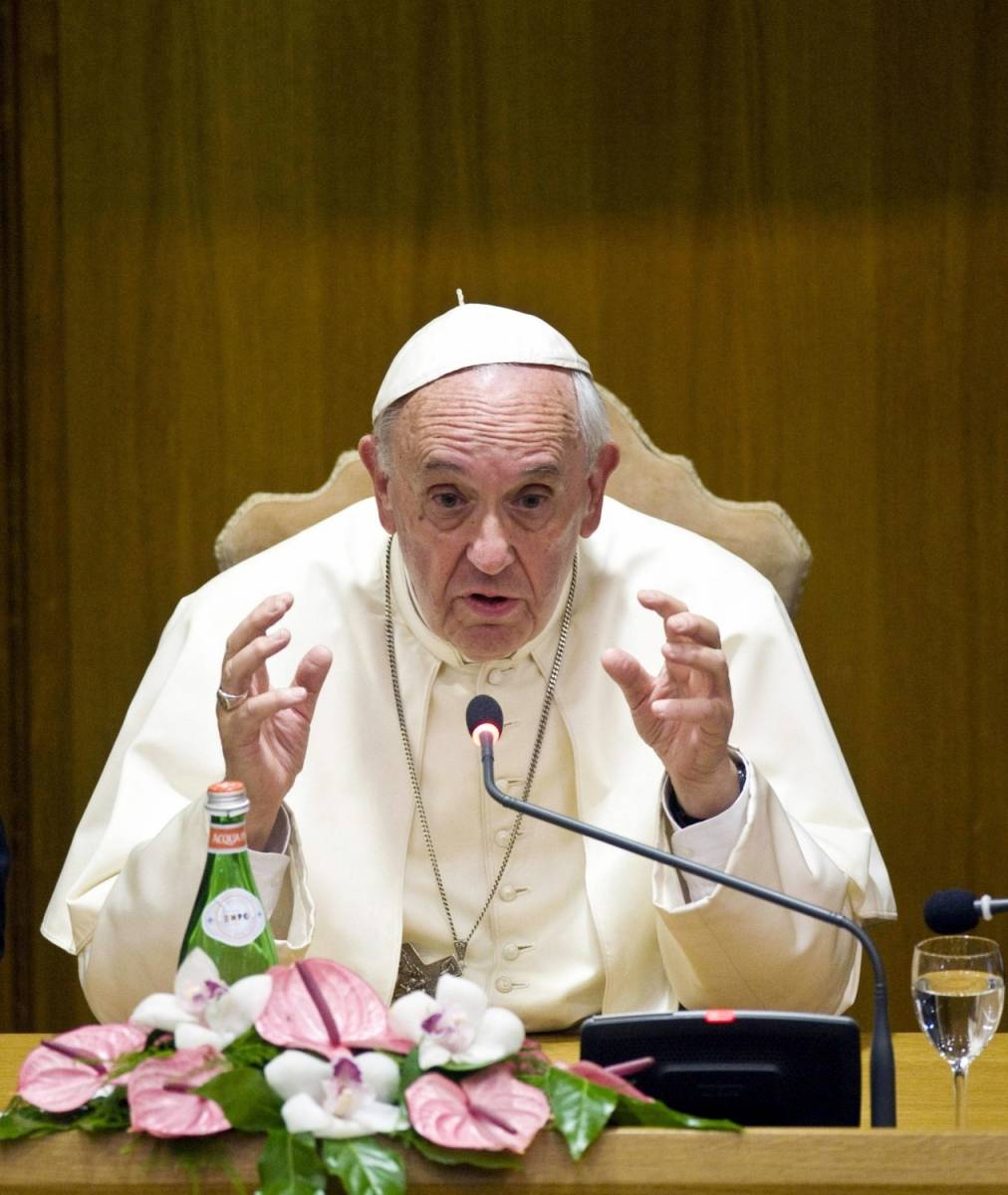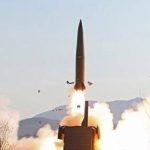The Indian side is expected to press for disengagement as soon as possible in all the remaining friction points including resolution of issues in Depsang Bulge and Demchok….reports Asian Lite News
The US is concerned by China’s attempt to “intimidate” its neighbours, including India, as Washington believes that Beijing’s behaviour in the region and around the world could be “destabilising”, the White House has said, asserting that America will continue to stand with its partners.
The remarks of White House Press Secretary Jen Psaki came ahead of the 14th round of military-level talks between India and China on the 20-month row in eastern Ladakh.
Asked about China’s aggressive behaviour on its border with India and if the topic came during America’s talks with China or Washington sending any message to Beijing on this, Psaki, during her daily news conference on Monday, said that the US continues to closely monitor the situation along the India-China border.
“We continue to support dialogue and peaceful resolution of these border disputes,” she said.
“We’ve been pretty clear how we view Beijing’s behaviour in the region and around the world. We believe it can be destabilising. And we’re concerned by the People’s Republic of China’s attempt to intimidate its neighbours.
“We’ll continue to stand with our partners on that,” Psaki asserted.
According to sources in the security establishment in New Delhi, the ‘Senior Highest Military Commander Level’ talks between India and China will take place on January 12 at the Chushul-Moldo meeting point, on the Chinese side of the Line of Actual Control in eastern Ladakh.
India is looking forward to “constructive” dialogue with China to resolve issues in remaining friction points in eastern Ladakh, they said, adding that major focus of the talks will be on disengagement in the Hot Springs area.
The Indian side is expected to press for disengagement as soon as possible in all the remaining friction points including resolution of issues in Depsang Bulge and Demchok.
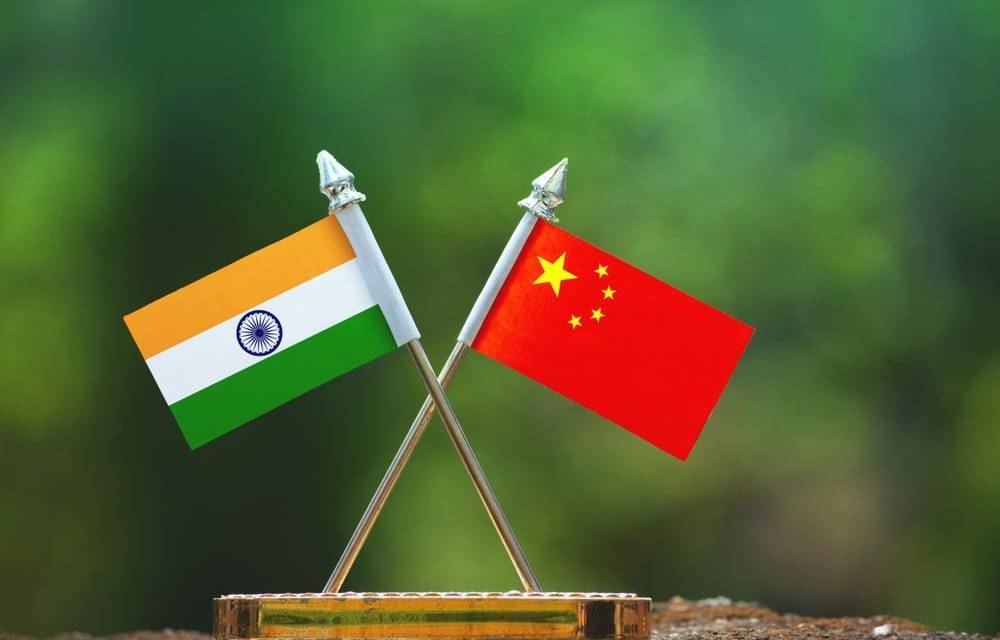
The 13th round of talks had taken place on October 10, 2021 and they ended in a stalemate.
Both sides failed to make any headway in the talks with the Indian Army saying after the dialogue that the “constructive suggestions” made by it were neither agreeable to the Chinese side nor it could provide any “forward-looking” proposals.
In their virtual diplomatic talks on November 18, India and China agreed to hold the 14th round of military talks at an early date to achieve the objective of complete disengagement in remaining friction points in eastern Ladakh.
The eastern Ladakh border standoff between the Indian and Chinese militaries erupted on May 5, 2020, following a violent clash in the Pangong lake areas.
As a result of a series of military and diplomatic talks, the two sides completed the disengagement process last year in the north and south banks of the Pangong lake and in the Gogra area.
Each side currently has around 50,000 to 60,000 troops along the Line of Actual Control (LAC) in the sensitive sector.
India, the US and several other world powers have been talking about the need to ensure a free, open and thriving Indo-Pacific in the backdrop of China’s rising military manoeuvring in the resource-rich region.
China claims nearly all of the disputed South China Sea, though Taiwan, the Philippines, Brunei, Malaysia and Vietnam all claim parts of it. Beijing has built artificial islands and military installations in the South China Sea. China also has territorial disputes with Japan in the East China Sea.
The US maintains it will support its regional allies in the defence of a free and open Indo-Pacific region.
America has been periodically sending its naval and air patrols through the South China Sea, challenging China’s claims of sovereignty over the area and also asserting the freedom of navigation.
The US says it seeks to preserve peace and stability, uphold the freedom of the seas in a manner consistent with international law, maintain the unimpeded flow of commerce and oppose any attempt to use coercion or force to settle disputes.


